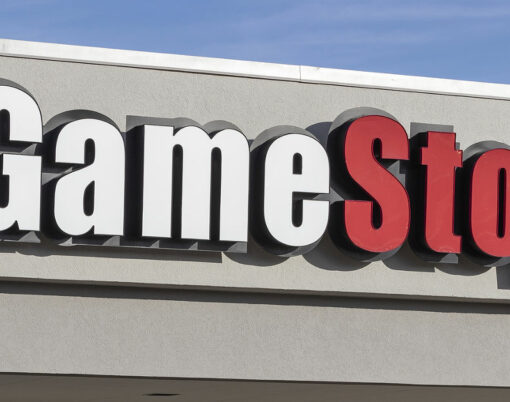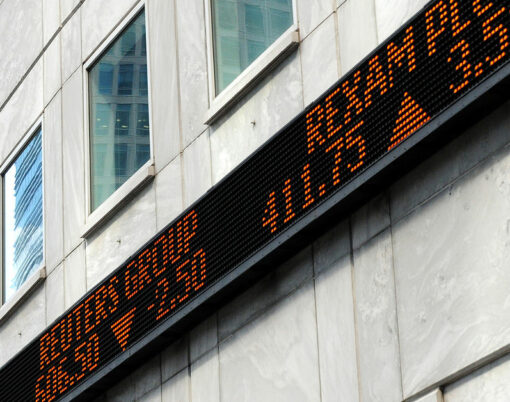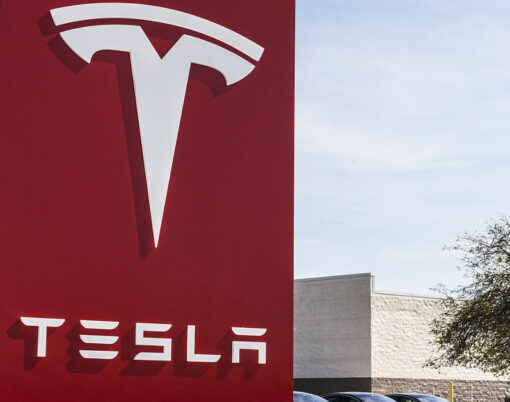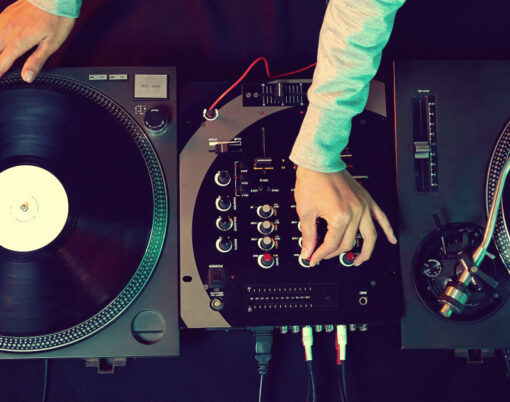Luxury brands have long been synonymous with unrivalled quality, timeless craftsmanship and an all-round dedication to opulence, attracting affluent customers who are tempted by the sense of exclusivity and status associating themselves with such names can offer. From high-end fashion to designer homeware, one of the greatest appeals of esteemed brands like these is the fact that they are always guaranteed to be one step ahead of the masses – and in today’s digital world, they have adapted quickly to leverage the latest cutting-edge developments in their favour and to keep their valued customers coming back for more.
The convergence of luxury and tech is reshaping the industry, and as brands continue to seamlessly integrate innovations like augmented reality (AR) experiences and blockchain applications into their offerings, we’re entering an exciting new era in which high-end consumers can expect the brands they love to always be at the forefront of the latest developments to offer the best possible customer experience.
Augmented reality (AR) and virtual reality (VR)
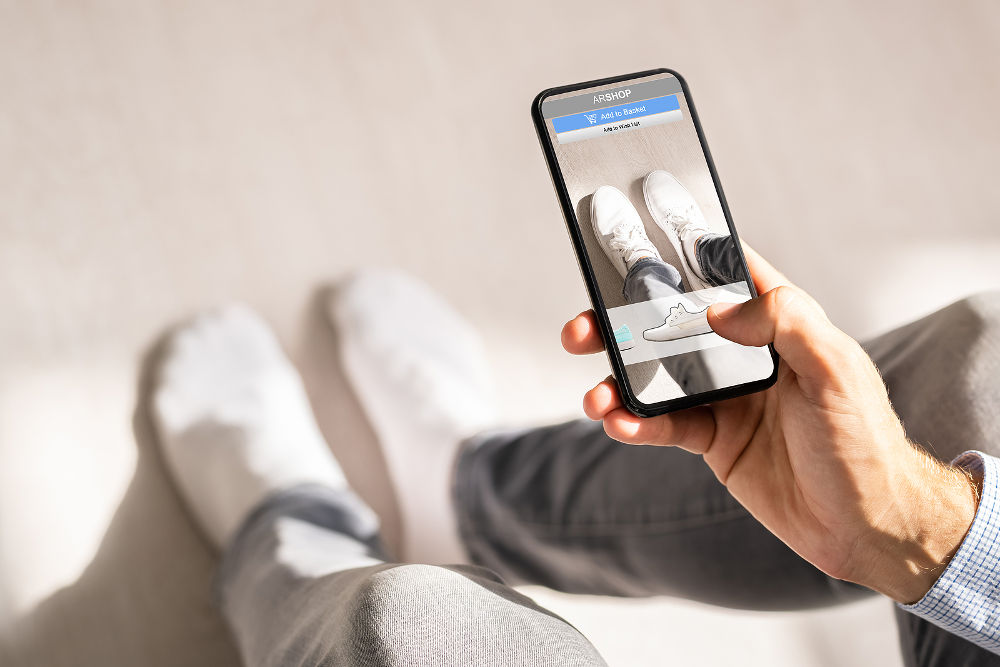
AR and VR have become hot topics over recent years thanks to their ability to enhance and, in many ways, completely transform the customer experience. These days, it’s about more than just a click and buy experience online and, instead, immersion has become the key to both winning and retaining a legion of loyal fans.
Take, for example, luxury fashion brands, AR has offered a unique opportunity to allow clients to try on garments and accessories virtually before they buy. Not only does this take the guesswork out of online shopping, but ultimately it boosts overall customer satisfaction to completely new heights.
VR, meanwhile, is being used for virtual fashion shows and immersive brand storytelling, transporting customers into the heart of a brand’s narrative in a way that simply wouldn’t have been possible just ten years ago.
Blockchain authentication

Cryptocurrencies like Bitcoin and Ether have caused quite the stir over recent years, becoming a popular investment opportunity for affluent individuals and, increasingly, they’re becoming accepted as a means of payment by luxury brands as they scramble to keep up with the demand of a discerning customer base.
But beyond crypto itself, the blockchain technology that underpins it has also been making waves in the business world, transforming the way luxury goods are authenticated by allowing luxury brands to create secure and unforgeable digital certificates of authenticity. As well as guaranteeing the legitimacy of products, it has added a layer of transparency which, in turn, has enhanced customer confidence and enabled brands to foster a sense of trust – something that has proved to be paramount when it comes to securing long-term customer loyalty.
AI personalisation

The luxury customer wants to feel understood, and artificial intelligence (AI) technology has made it possible for high-end businesses to leverage machine learning to get to know each and every one of them, inside out. It’s not intended as an invasion of privacy; instead, the aim of the game is to provide a fully tailored experience to meet each individual customer’s needs and, by and large, it has proved to be a crucial tool in building confidence and, ultimately, boosting revenue by inspiring long-term repeat custom.
AI algorithms have paved the way for bespoke offers and communications that add a personal touch, which in turn fosters brand loyalty and enhances the overall customer experience. AI, it seems, has quickly become indispensable, and in 2024, luxury brands simply can’t do without it.
Indoor mobile signal solutions for luxury offices
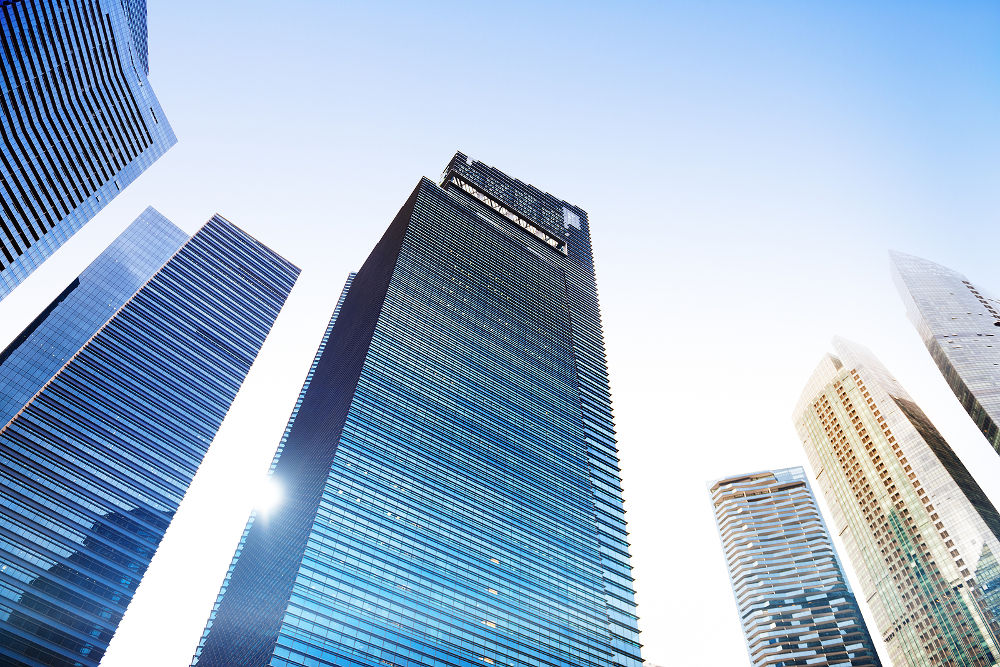
Seamless communication has always been a key consideration for luxury businesses, but this is particularly true now, at a time when customers expect their questions to be answered and issues to be resolved in minutes. The issue of poor indoor mobile signal reception is a common challenge faced by businesses in the luxury sector, just as it is for all types of businesses, so now, more than ever, we’re seeing investment poured into the best possible indoor mobile coverage solutions to ensure uninterrupted connectivity. Signal boosters and repeaters are often required for brands who find themselves dealing with so-called signal black spots in their bricks-and-mortar establishments – something that is still common in large shopping centres and malls where many are based.
They work by capturing the existing outdoor signal, amplifying it, and rebroadcasting it within the building, and are an effective solution that has changed the game for many.
Not only is this making it easier for brands and customers to communicate with one another from afar, but it also facilitates internal communications for the smooth running of businesses, and allows bricks-and-mortar shops, boutiques and showrooms to offer customers access to high-speed Wi-Fi for their own personal use whilst they are in the vicinity, too.















